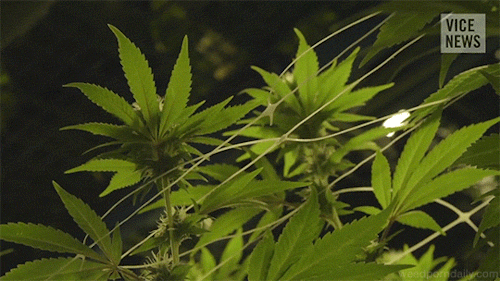(CNN) The researchers, from St. Luke's University Hospital Network, focused on patients with stress cardiomyopathy, a sudden temporary weakening of the heart muscle that prevents it from pumping. Patients with the condition, which has been said to mimic a heart attack, can experience acute chest pain, shortness of breath and dizziness.
The muscle weakness is most often caused by acute stress or grief, such as a breakup or the death of a loved one. However, according to Dr. Amitoj Singh, the lead investigator of the study, at least two cases of stress cardiomyopathy in medical literature have been related to marijuana use.
"There have been many reports of heart attacks, strokes and the two cases of (stress cardiomyopathy) that have been linked to marijuana," Singh said.
Greater availability of marijuana, particularly for recreational use, has heightened concern in the medical community about cardiac risks, sparking Singh's interest.
Using Nationwide Inpatient Sample data from 2003 to 2011, the researchers tracked hospital admissions and outcomes of 33,343 patients with stress cardiomyopathy. The data were taken from across the country and represented both men and women of varied ages. Two groups were formed from the data: one group of marijuana users (which had 210 patients, or 1% of the total study pool) and a group of patients who did not use the drug.
Each group was strikingly different in terms of demographics, medical histories and outcomes. The marijuana users tended to be younger and more often male, a finding that was surprising to Singh, because stress cardiomyopathy most often occurs in older women, he said.
Marijuana users also had fewer risk factors that typically cause stress cardiomyopathy, such as acute stress, hypertension, diabetes, migraines and hyperthyroidism. The non-marijuana-using group had much higher rates of these conditions.


